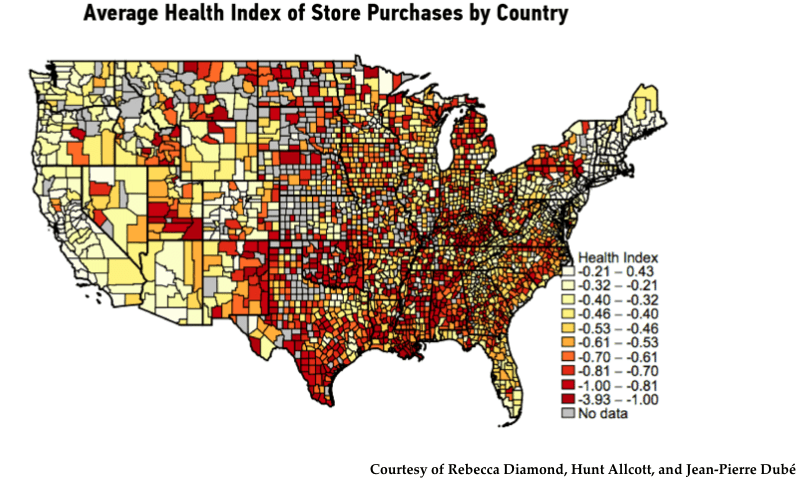For Your Consideration
Several articles came out this week about the effects of inequality on a society’s health and well-being.
The New Yorker published an article, “The Psychology of Inequality,” featuring work by UNC professor Keith Payne. In his recent book, Payne argues that the feeling of being poor in a country like the U.S. can be more damaging than actually being poor. And this is not limited to the poor — inequality can make the middle class feel inferior because they are constantly comparing themselves to others that have more and make the affluent feel morally conflicted about their privilege. This quote stood out as we think about the longer-term impact of inequality:
“People who are made to feel deprived see themselves as less competent. They are more susceptible to conspiracy theories. And they are more likely to have medical problems. A study of British civil servants showed that where people ranked themselves in terms of status was a better predictor of their health than their education level or their actual income was.”
CityLab had an article looking at the results of a new study on the causes of nutritional inequality — in other words, why do the wealthy eat healthier than the poor in the U.S? They found:
- Food deserts are not to blame — when new supermarkets opened in food deserts or poorer people moved to neighborhoods with healthier food options, individuals’ eating habits did not change
- Instead, socioeconomic class, especially as it relates to education and nutritional knowledge, explains 90 percent of the difference in nutritional inequality
The map below shows how that plays out geographically across the country.

Need to Know
The N.C. Center for Public Policy Research is embarking on a three-year study of equity across North Carolina and partnering with James Ford of Filling the Gap Education Consultants. Ford will consult with us on this important issue internally and externally. With his help, the Center will map equity in all 100 counties and conduct research, while also identifying brights spots of schools providing equitable opportunities and lifting up teachers of color.
What we're reading
The Story of This Charlotte High School Tells a Larger Tale
Pamela Grundy’s Color & Character: West Charlotte High and the American Struggle over Educational Equality illustrates how complex national issues are deeply entrenched in attitudes and beliefs about race and class.... Read the rest-
U.K. Appoints a Minister for Loneliness
-
With Gas Taxes in Peril, More States Study Alternatives
-
The Students Who Don’t Believe College Is an Option
-
Did Americans Turn to Opioids Out of Despair – or Just Because They Were There?
-
They’re Waiting Longer, but U.S. Women Today More Likely to Have Children Than a Decade Ago
-
Here’s what happens when inclusion is factored into Amazon’s list of 20 HQ2 city finalists


